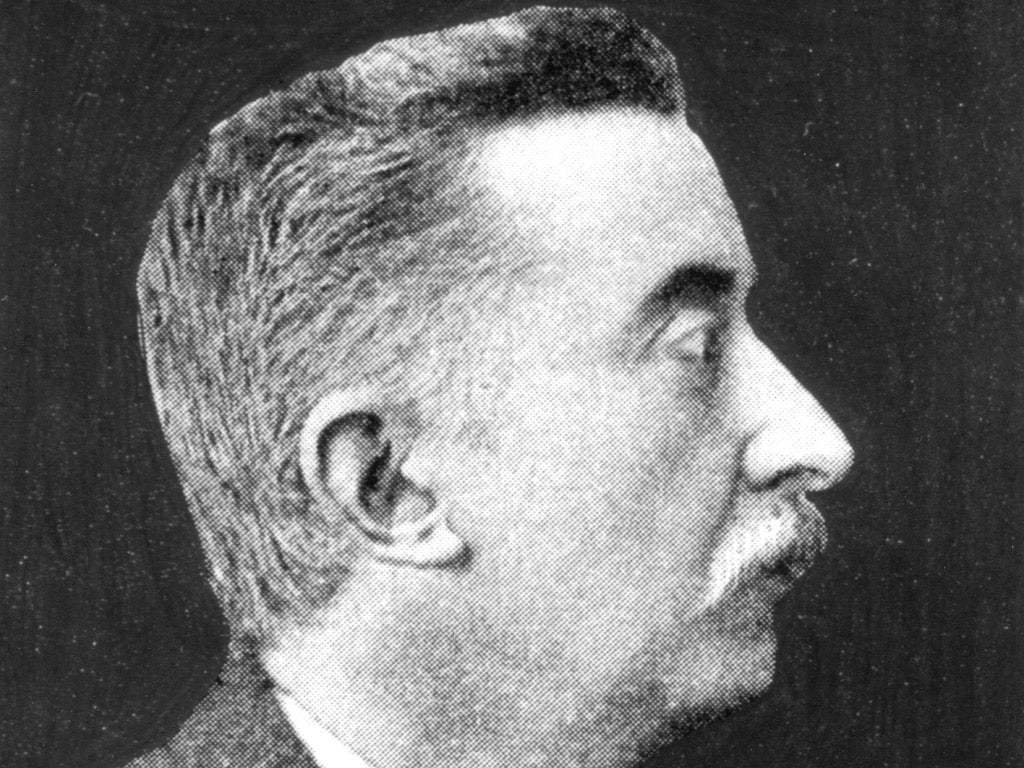Invisible Ink: No 121 - Ladcadio Hearn

At the age of 24, when he was still known as Paddy, Lafcadio Hearn wrote an article for the Cincinati Enquirer that described a man being stuffed into a furnace. It was a typical early piece for him, absurdly lurid and not actually true.
Born in 1850 on Lefkas, of Irish-Greek descent, he was raised in Dublin and Durham, lost an eye, became down-and-out in London, headed to America as part of the great Irish diaspora, immersed himself in the Creole culture of New Orleans, studied voodoo and finally fetched up in Japan at the age of 40, where he married and began to produce books. This heady background provided him with his trademarks; police reporting gave him a taste for grisly accounts, and although he became philosophical about his fears, he wrote in order to come to terms with grotesque and violent terrors.
What Hearn became, though, was one of the greatest Western interpreters of Japan. His wife was Japanese, and he used Shinto beliefs in his exploration of a society previously unimagined in the West. In his translations of traditional ghost tales, he introduced to us the idea of the spirits of the dead co-existing with the living (as well as the fetishised ghost-cliché of flowing black hair). His writing could be entrancingly beautiful as well as horrific, exploring the powerful hold that gods and demons held over mortals. "Lips that are hands, and the horns that are eyes, and the tongues that are drills" – this wasn't his description of a devil but of an insect, and he imbued everything with this sense of alien detail. The stories he told to children were so effective that they begged him to stop.
Hearn is probably best remembered now for his book Kwaidan: Stories and Studies of Strange Things, which was made into a 1964 film filled with astonishingly rich imagery. He used the supernatural as a means of expanding human experience instead of a device for cheap shocks, and his stories bridged two worlds, illuminating both. It comes as no surprise that he hated newly industrialised Victorian society.
It must be said that Hearn is not always an easy read, but he is a writer of global importance. He published at least two dozen books, reinventing West Indian, Japanese and Chinese ghost stories, and has lately found a cult following in the anthology Nightmare-Touch from Tartarus Press.
Join our commenting forum
Join thought-provoking conversations, follow other Independent readers and see their replies
Comments
Bookmark popover
Removed from bookmarks